From flip phones to smartphones: Growing up in China’s decade of tech transformation
Living in China through most of the 2010s, I look back at how far we’ve come
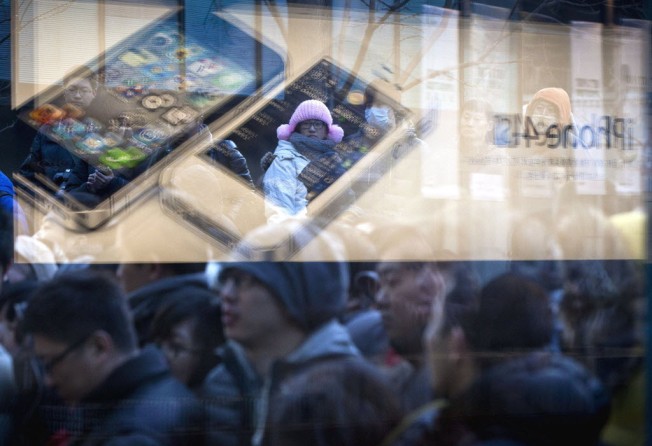
The funny thing about technology is how quickly innovation can become normal.
I went back to mainland China about a dozen times this year. I had my face scanned at airports, paid for things with my phone, and occasionally saw robot waiters bring food to my table.
Maybe the technologies behind all of those things weren't totally unfathomable in 2010. But the pace at which it’s all become just a routine part of daily life in China was hard to imagine just ten years ago.
In 2010, I was in high school in the northeastern city of Changchun, part of China’s rust belt. That was two years after China surpassed the total number of internet users in the US, becoming the world’s biggest online population. But more than one third of them were still getting online in internet cafes, and the average broadband speed in China was just over 100kb/s.
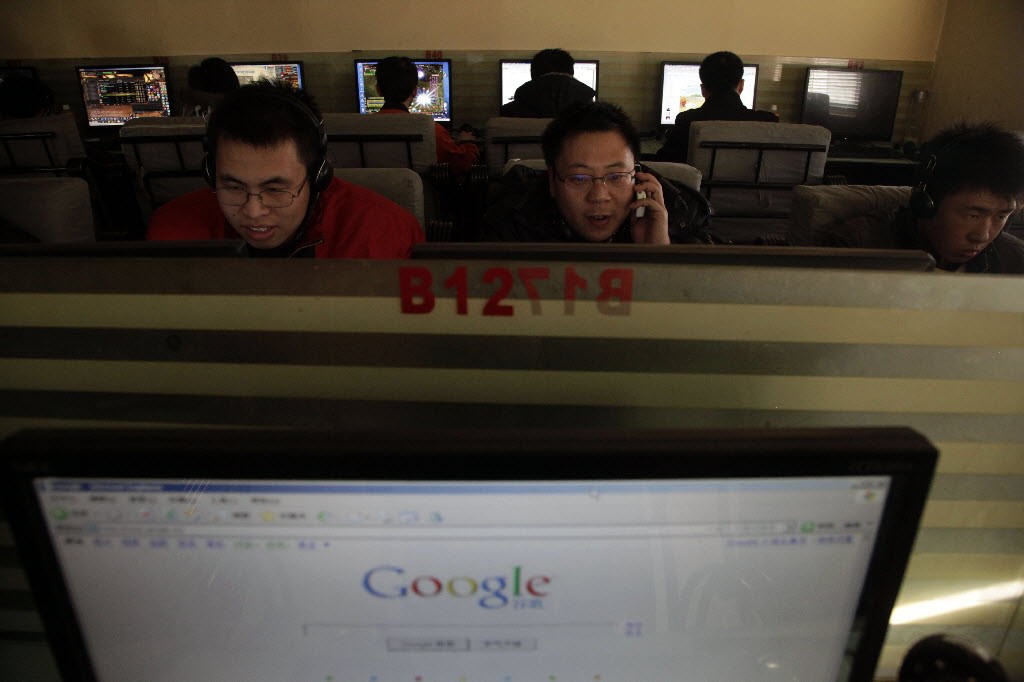
For a high schooler in China getting ready for the nerve-racking Gaokao exam, going online was a luxury. Only on weekends was I allowed some free screen time, and I would use my father’s computer to find music on Baidu, the country’s biggest search engine -- which was also one of the country’s biggest sources for pirated music. Troves of songs were free to download online, and I would then copy them on to my MP3 player.
Occasionally on weekdays, I would tell my parents I needed to use the computer for research. And then I’d secretly log on to QQ -- Tencent’s addictive desktop messaging app. For a few years, my friends and I liked to comment on each other’s QZone, Tencent’s then massively popular personal blogging site.
Having to post social media updates with PCs may seem weird now, but in 2010, smartphones weren’t popular yet. I certainly didn’t have one. I was only allowed a Philips 298 slider phone. It couldn’t do much, but it did have one advantage: The physical number pad made texting in class much easier. (I also liked sliding it up and down in my pocket, like a very expensive fidget spinner.)
But smartphones would quickly take over our lives. In 2011, sales of the one-year-old iPhone 4 were up 250% from the previous year in greater China, and some of my classmates started showing them off in school. I liked playing with it, but I wasn’t sure why I would need one.
It soon became clear why smartphones were essential.
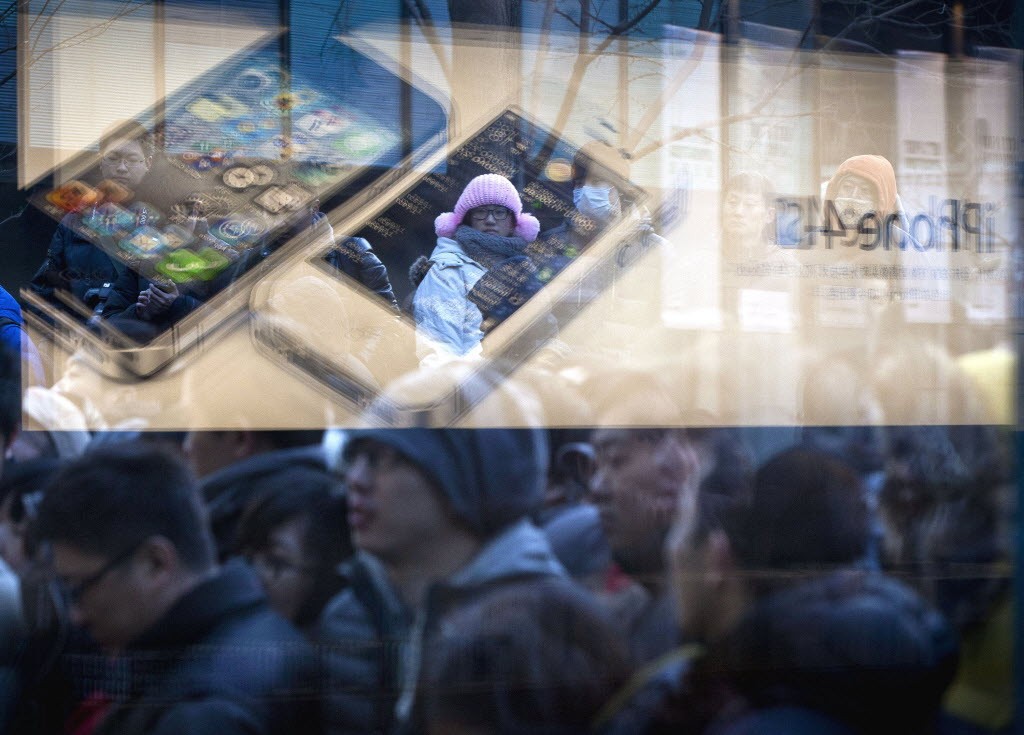
In 2011, Tencent launched WeChat, a messaging app for smartphones. Of course, we didn’t know that it would turn out to be China’s most important app of the decade -- at the time, it was just like QQ on a smaller screen, and that was good enough.
Truth be told, the killer feature for me was something else: Voice messaging. I was watching the TV show Lost, and for some reason the show made me really want a walkie-talkie. Being able to send snippets of voice like that, but over the internet, fascinated me at the time.
That was the second year of this decade, when China already had 515 million internet users -- and almost 70% of them were online with their mobile devices. As I was about to leave my hometown, China’s biggest tech companies were also just starting their journey.
Xiaomi’s first smartphone was launched in August that year, carrying an exceptionally low price tag of 1,999 yuan (US$286). Meituan, now China’s biggest on-demand consumer app, started off as a clone of Groupon. 2011 also saw the number of Weibo users jump 296%, showing that it was becoming China’s important public opinion platform. And it was also the year that the Cyberspace Administration of China was founded, marking “the establishment of the highest organ of power in the internet information management field,” according to the State Council.
Off to college in Beijing, I was given my first smartphone, the HTC One X. It was a nice device, but believe it or not, I didn’t think that it was that big of a leap in terms of experience compared to my old slider phone -- after all, just because we had smartphones doesn’t mean the apps were quite ready yet. And if anything, my new smartphone brought me more sadness than joy.
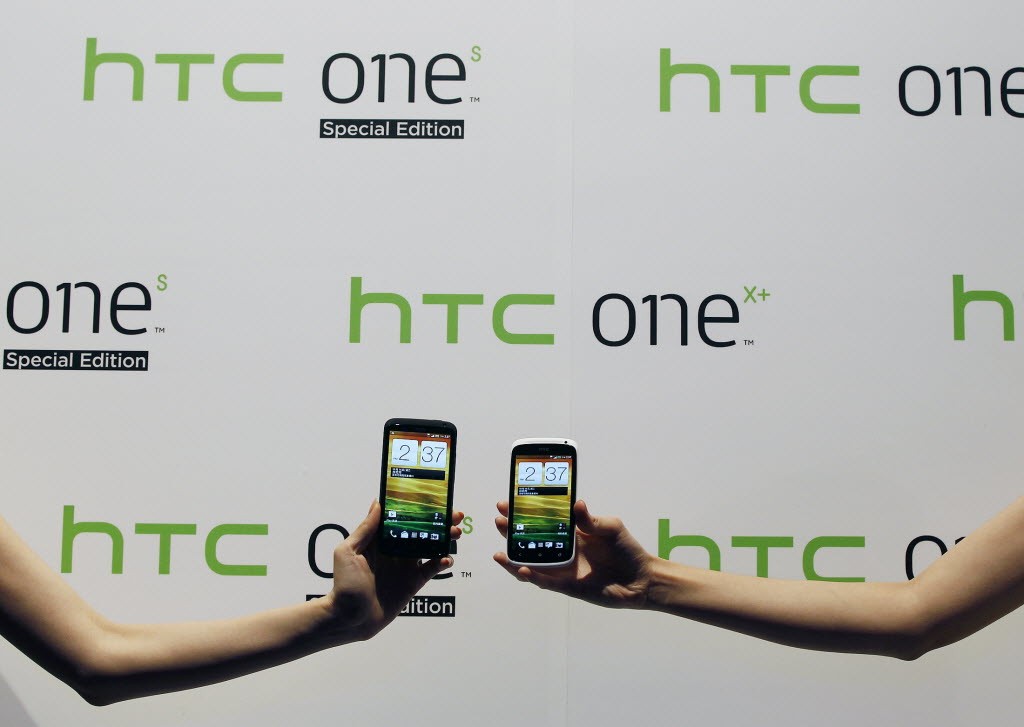
In 2012, during a grueling two-week military training at the start of college, I dropped it. You know what happened next: The screen shattered and stopped working. I was devastated because I hated being stuck at training, and there went my only connection to the outside world. I didn’t know and didn’t care if it was a good phone or not. My big takeaway from the incident was that smartphones are too fragile, and I want my old phone back.
But my college years changed my opinion. I was constantly amazed by all the new things made possible by the internet and smartphones. In my sophomore year, a new ride hailing startup called Didi was fighting a turf war with both domestic and foreign rivals, so they were putting their absolute best foot forward.
And for me, that meant hailing clean private cars with polite drivers for nearly half the price of a regular taxi, which usually comes with a grumpy driver and an unpleasant smell. The first time I rode in one with a friend, I turned to her excitedly and said I’d never take a regular taxi again!
It wasn’t just ride-hailing firms going above and beyond to attract customers. Meituan and Ele.me were in a battle to be the king of food delivery, and that meant even the little stalls at our campus canteens were delivering food to our dorm… without charging a delivery fee. During lunch and dinner hours, delivery bikes in yellow and blue would form messy lines outside our dorm gate, and my fellow schoolmates would come out in sleepwear and slippers to collect their orders. On their way back, they might also stop by the delivery vans nearby, which held what they were expecting from Taobao.
(Abacus is a unit of the South China Morning Post, which is owned by Alibaba, which owns Ele.me and Taobao.)
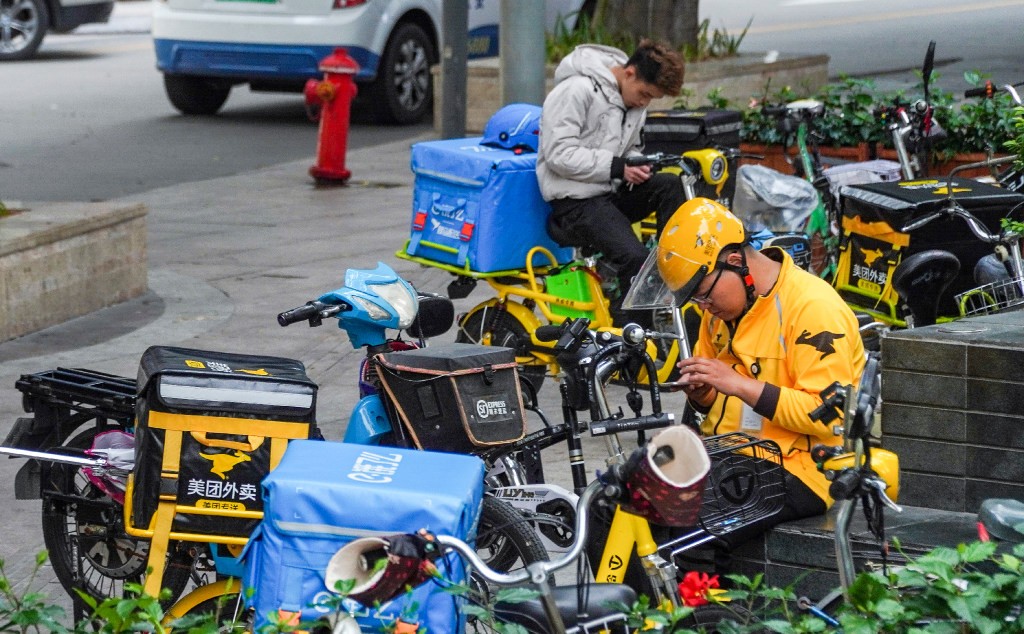
I marveled at the convenience enabled by the internet, but even more so at the sea of information and content. WeChat’s public platform, launched in 2012, essentially let anyone become a publisher, setting off a whole new industry called “self-media.” I also liked how Q&A app Zhihu drew authentic answers from knowledgeable people, and how online movies and music had better quality and became more accessible than ever.
But of course in China, that sea of information and content does not paint the whole picture. We’ve all sighed at popular WeChat and Weibo posts that had disappeared before we were able to see it, and I’ve been frustrated by the periodic slowdowns for VPNs. I also remember the chills I felt when discovering for the first time that certain messages I sent on WeChat did not get through to my friend.
But gradually, that became normal. Not being able to send Winnie the Pooh pictures on WeChat became less sinister and more of a joke that most of us casually brushed off.
Sure, maybe I wasn’t testing the limits of the Great Firewall. But I wasn’t alone. Making certain sites, stories or information taboo meant the rise of self-censorship: Studies showed that people were becoming less hungry for censored information.
And the growth of so many sites and services on this side of the Great Firewall meant fewer people felt the need to cross it. China’s homegrown tech ecosystem tried to replicate everything available outside, but with a local flavor. It’s no wonder then that one study claimed that, even if the Great Firewall were to come down, many would prefer to stick to local sites and services.
I left the mainland in 2017 for Hong Kong. That happened to be the height of China’s tech boom, when funding for tech companies soared through the roof… giving companies the cash to flood cities with thousands of “shared” bicycles. (But that’s a story for another time.) Living outside mainland China has been a little strange. I have to carry cash now, and not everything can be delivered straight to my door. But I was also glad that I could step away from some parts of China’s tech industry.
Being just on the outside (but still very close) to the mainland, it’s become clear that while the internet has empowered small businesses and users who otherwise wouldn’t be heard, it has also given much more power to corporations and the state.

Like many people in China, I have friends who now have to devote some time every day to Study Xi, an app which quizzes people on their knowledge of President Xi Jinping’s political philosophy -- and their scores are tied to their work performance. And it’s not just one app. China’s central and local governments have set up 139,270 government accounts on Weibo since 2009, and more than 5,000 on Douyin, pushing their agenda to the hundreds of millions of internet users hungry for instant content.
For all the things technology has improved in my life, there’s a reason I end this decade by being more cautious about how I use the internet. For all the good things that have happened, I don’t necessarily think tech companies -- who have charged ahead in exploiting users for profit -- have changed things for the better.
During my visits back to mainland China on holidays, I hear some of my relatives complain about all the confusing things apps ask them to agree to, and I’m often dispirited to see them buried in Toutiao and Douyin for hours, only putting them down for cigarette breaks. Tech companies are harvesting our data and our attention spans, and we won’t understand the true impact of this for years to come.
Despite my caution, I’d be lying if I said I missed life in 2010. I don’t. Things are definitely better now. But what I find so exciting about it is how unpredictable the future is. Sure, the seeds of today existed back then, but I didn’t know how it would pan out. And it just makes me excited to think about what we’ll be doing in 2030.
Purchase the China AI Report 2020 brought to you by SCMP Research and enjoy a 20% discount (original price US$400). This 60-page all new intelligence report gives you first-hand insights and analysis into the latest industry developments and intelligence about China AI. Get exclusive access to our webinars for continuous learning, and interact with China AI executives in live Q&A. Offer valid until 31 March 2020.